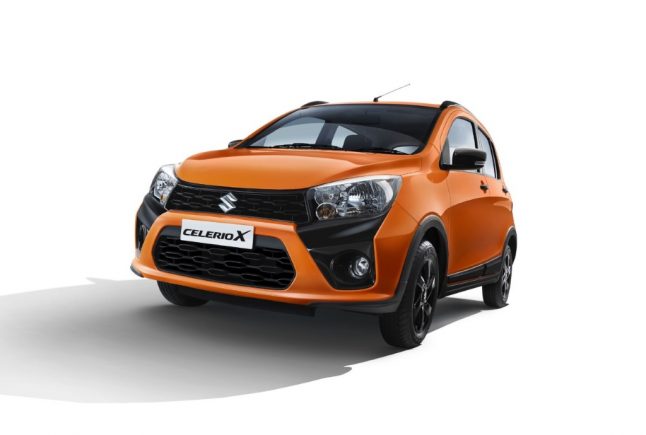Maruti will invest Rs. 13,000-14,000 crores in new products, technologies and expansion of plant capacity.
India’s largest carmaker Maruti Suzuki is preparing for its busiest two years ever which will include close to a dozen model launches, an announcement of its new facility in both Haryana and Gujarat, network expansion, and also the culmination of a Suzuki-Toyota partnership in India.
The carmaker is planning these measures as a strong move after the lowest growth rate in the past five years in a slowing market. The company is also likely to end its negotiation with the Haryana government to move its Gurugram facility to a new location on the outskirts of Manesar.
The company is investing over Rs 13,000-14,000 crore in new products, technologies and expansion of plant capacity over the next couple of years. This also includes investments by Suzuki Motor in Gujarat Phase 2. Maruti Suzuki is on track to come out with at least 10-12 new models in the next 18-24 months, including updates and facelifts. Under regular circumstances, the company would have taken almost twice the time to roll out so many models.
The biggest reason behind the slowing growth in 2018 was the lack of a major product action from the company. With the aggressive product line-up for the coming 18-24 months, Maruti will again take the lead and driving growth and excitement in the market.
The company will launch four new small cars in the next 18 months, including the all-new Wagon R (YCA), followed by a production model of Future Concept S ahead of the festive season (codenamed Y1K), the new generation Celerio (YNC), exactly a year later along with a Wagon R EV, which is currently undergoing testing at various places.
It is believed that models such as the Alto, Eeco, Super Carry, Ignis will receive minor tweaks to make the models complaint with the upcoming safety and emission norms. The Baleno premium hatchback will get a facelift this month while the Vitara Brezza will see an update later this year. The Vitara Brezza will also get a petrol engine and the outgoing Fiat-sourced diesel engine will be replaced by the in-house developed 1.5-litre diesel motor in models like the Ciaz and the Ertiga.
The company will also get a vehicle based on the Toyota Corolla Altis for its NEXA channel as a part of the Suzuki-Toyota partnership. Maruti Suzuki will likely to benefit from a 48-volt Hybrid system from Toyota. In a push for electrification, Maruti Suzuki may be looking at launching more electric cars.
The company is aware that the new models mean possible price increases due to the implementation of the new safety and emission norms in the next two years. Maruti Suzuki is expecting a growth rate of 6-8 percent in 2019 with volumes of 1.9 to 2 million units before the market absorbs the price increase in 2020, said the other person.
The carmaker ended the calendar year 2018 with a market share of over 50% for the first time in over a decade despite slowing growth in the past six months. It is all set to attain its target of 2 million units this calendar year, if not the next financial year, and it has started readying its mid-term plan of 2.5 million.
Next Generation Maruti Celerio Launch
– Next gen Celerio coming in 2020, Concept S in October 2019
– Facelifts, engine updates and all-new models are a part of the plan
– Maruti will announce a new facility and network expansion in order to accommodate the larger product portfolio
Source – ET Auto.com

